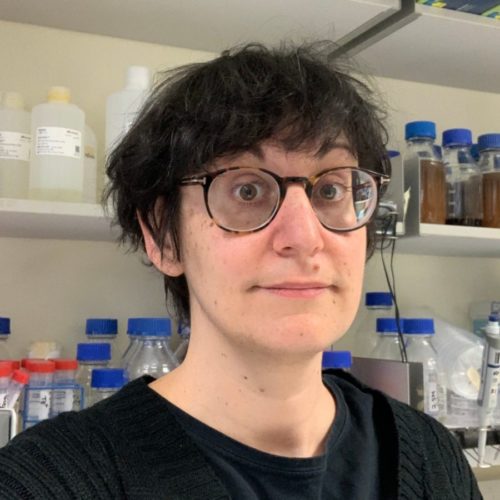We are pleased to announce that Dr Sandra Catania has joined the MRC Centre for Medical Mycology at the University of Exeter. Dr Catania will be hosted by the Centre whilst undertaking an MRC Career Development Award fellowship, working alongside other top scientists.
Sandra says “By drawing on my expertise in C. neoformans chromatin and epigenetics my group will focus on determining the dynamic changes of chromatin modifications during infection and their impact on C. neoformans virulence and drug resistance. The knowledge generated will inform the development of novel antifungal strategies to better combat fungal infections.”
The fungus Cryptococcus neoformans is responsible for approximately 200,000 human deaths each year. C.neoformans lives in the environment but possesses a remarkable capacity to adapt to a variety of stressful conditions, including hosts. Understanding how C. neoformans adapts and survives is crucial for finding new and improved treatments.
Chromatin-based transcriptional reprogramming plays a key role in fungal responses to environmental stresses. In C. neoformans, avirulence of certain chromatin modifier mutants suggests regulation of host-adaptation via chromatin modifications. However, little is known about how chromatin states are established, altered or regulate responses to infection-based stress.

